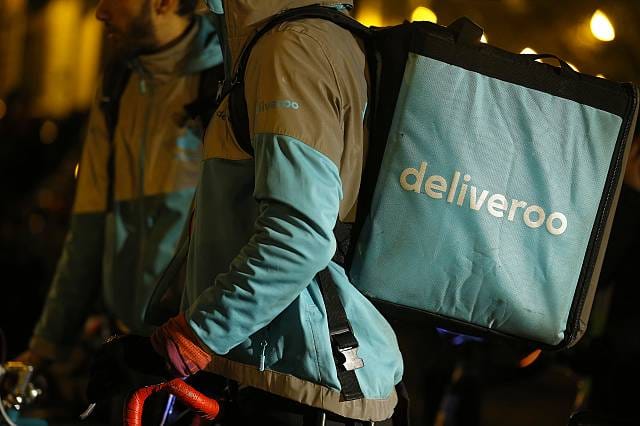Deliveroo Riders Face a Legal Roadblock
In a tough blow for gig‑workers, the High Court ruled that Deliveroo riders don’t have the right to collective bargaining. The decision comes after the Independent Workers Union of Great Britain (IWGB) challenged the policy in a judicial review.
What the Court Said
The judge pointed out that the court’s findings had only a limited impact on the riders’ human rights. The crucial takeaway?
- Riders can still join the union if they wish.
- The ruling won’t stop them from making private agreements with deliver‑to‑the‑door services.
Union’s Take
IWGB General Secretary Jason Moyer‑Lee slammed the judgement, saying it’s a “terrible blow” not just for low‑paid riders but for the broader interpretation of the European Convention on Human Rights. He added:
“Deliveroo riders deserve basic worker rights and the ability to be represented by trade unions to negotiate pay and terms.”
The union is appealing the decision and promises to keep fighting until victory.
Why It Matters for Riders
At its core, the ruling means:
- Deliveroo riders can’t officially negotiate pay, conditions, or holidays through a unified bargaining group.
- They must rely on individual negotiations or surface-level deals.
In the end, Deliveroo’s workforce faces a new set of challenges, and the saga of collective bargaining in the gig economy continues.




